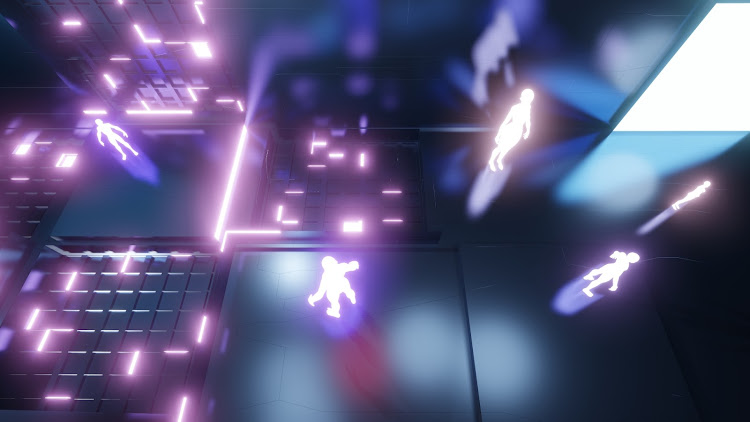Capturing the perfect game screenshot is an art form that goes beyond simply pressing a button at the right moment. It involves an understanding of various aesthetic elements like composition, lighting, and timing, all of which combine to create a visually captivating image. This article delves into the components that contribute to crafting a great game screenshot, offering insights for both novice and seasoned virtual photographers.
Understanding Composition
The Rule of Thirds
- Balancing the Frame: The rule of thirds involves dividing the image using two horizontal and two vertical lines, placing important elements along these lines or their intersections.
- Creating Visual Interest: Properly composed screenshots guide the viewer’s eye across the image, creating a more engaging and balanced visual experience.
Perspective and Depth
- Varying Angles: Experimenting with different camera angles, such as bird’s-eye view or worm’s-eye view, can drastically change the perception and impact of a screenshot.
- Foreground and Background: Including elements in both the foreground and background can add depth to the screenshot, making the scene more immersive.
The Role of Lighting
Natural Game Lighting
- Golden Hour: Just like in real-world photography, the ‘golden hour’ in games can provide beautifully lit scenes with soft, warm hues.
- Shadows and Contrast: Playing with shadows and contrasting light can create mood and highlight textures, adding drama to the screenshot.
In-Game Light Sources
- Directional Lighting: Be aware of in-game light sources like the sun, streetlights, or explosions, which can be used to create dramatic and high-contrast scenes.
Capturing the Perfect Moment
Timing is Everything
- Action Shots: Capturing high-intensity action scenes requires good timing to freeze a dynamic moment, like a mid-air jump or a critical hit.
- Emotive Moments: Screenshots that capture emotional expressions of characters or significant plot points can be powerful.
Color and Visual Effects
Vibrancy and Saturation
- Color Palette: The game’s color palette can greatly influence the mood of the screenshot. Vibrant colors often convey energy, while muted tones can evoke nostalgia or sadness.
- Filters and Effects: Many games offer filters or visual effects in photo modes. Use these tools to enhance or alter the screenshot’s color scheme.
Technical Aspects
Resolution and Clarity
- High Resolution: Ensure the screenshot is captured at the highest possible resolution to maintain clarity and detail.
- Avoiding Blur: Unless intentionally aiming for a motion blur effect, strive for sharp focus to capture intricate details, especially in still scenes.
Post-Processing and Editing
Enhancing the Image
- Cropping and Adjusting: Basic editing like cropping, adjusting brightness, and contrast can enhance the overall impact of the screenshot.
- Software Tools: For more advanced editing, software like Adobe Photoshop or GIMP can be used to fine-tune the image.
Conclusion
A great game screenshot is a blend of technical skill, artistic eye, and an understanding of photographic principles. By mastering elements like composition, lighting, timing, and color, virtual photographers can transform a simple screen capture into a stunning piece of art. Whether it's to share with a community, preserve a gaming memory, or simply appreciate the beauty of virtual worlds, the art of taking game screenshots is a rewarding and creative pursuit.


